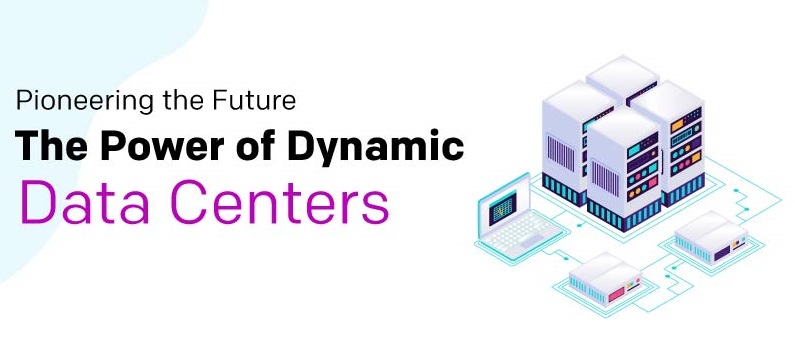Introduction:
The landscape of work has undergone a profound transformation in recent years, with the rise of remote work becoming a defining feature of the modern professional world. As technological advancements and shifting attitudes toward work-life balance continue to shape the way we work, this article explores the future of remote work and strategies for both businesses and employees to navigate this new normal.
- Flexible Work Policies:
The future of work is undeniably flexible. As businesses adapt to the demands of a changing workforce, implementing flexible work policies is crucial. This includes hybrid work models that allow employees to work from both office and home environments. Such flexibility not only accommodates individual preferences but also fosters a more inclusive and diverse work culture.
- Embracing Technology:
Technological advancements have played a pivotal role in the success of remote work. Businesses must invest in robust collaboration tools, project management platforms, and cybersecurity measures to ensure a seamless remote work experience. Embracing emerging technologies, such as virtual reality for remote meetings and artificial intelligence for workflow optimization, can further enhance efficiency.
- Employee Well-Being:
Remote work brings with it the challenge of maintaining a healthy work-life balance. Businesses need to prioritize employee well-being by implementing initiatives that address burnout, promote mental health, and foster a sense of connection among remote teams. Regular check-ins, virtual team-building activities, and wellness programs contribute to a positive and supportive work environment.
- Effective Communication:
Clear and effective communication becomes even more critical in a remote work setting. Businesses should establish transparent communication channels, leverage video conferencing for face-to-face interactions, and provide training on virtual communication etiquette. Regular updates, open dialogue, and a collaborative approach help bridge the physical distance between team members.
- Performance Metrics and Accountability:
Measuring performance in a remote work environment requires a shift from traditional metrics. Businesses should establish clear performance indicators that align with remote work expectations. Additionally, fostering a culture of accountability ensures that employees are empowered to meet their goals, even when working independently.
- Skill Development and Training:
The remote work landscape demands continuous skill development. Businesses should invest in training programs that equip employees with the digital skills needed for remote collaboration. This proactive approach not only enhances individual professional growth but also ensures that the workforce remains adaptable to evolving industry demands.
- Global Talent Acquisition:
Remote work breaks down geographical barriers, enabling businesses to tap into a global talent pool. Companies can now recruit the best talent, regardless of location, leading to a more diverse and skilled workforce. Strategic global talent acquisition also enhances organizational resilience by mitigating the impact of regional disruptions.
- Data Security:
As remote work increases, so does the importance of data security. Businesses must implement robust cybersecurity measures to protect sensitive information. This includes secure network connections, employee training on cybersecurity best practices, and regular audits to identify and address potential vulnerabilities.
Conclusion:
The future of remote work presents both challenges and opportunities for businesses and employees alike. By embracing flexibility, leveraging technology, prioritizing employee well-being, fostering effective communication, establishing performance metrics, investing in skill development, exploring global talent acquisition, and maintaining vigilant data security, businesses can successfully navigate the new normal of remote work, creating a resilient and dynamic work environment for the years ahead.











